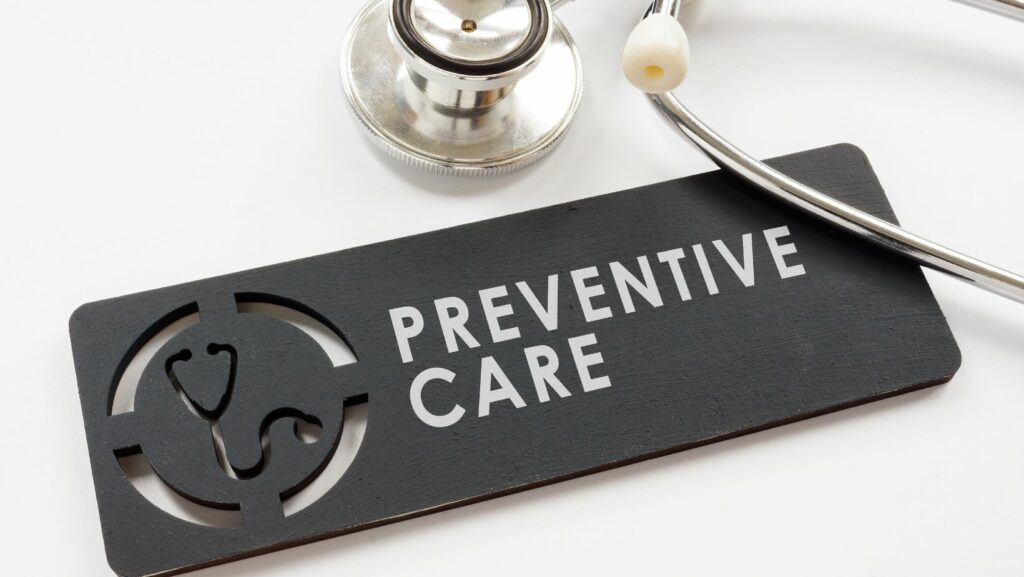The colon plays a pivotal role in maintaining overall digestive health. It processes food, absorbs essential nutrients, and removes waste, making it integral to our well-being. In this article, we explore the concept of PulseColoned.com, an imagined online platform dedicated to providing vital resources for improving and maintaining colon health.
Maintaining a healthy colon is not just about avoiding digestive issues; it’s about fostering long-term wellness and preventing serious conditions such as colorectal cancer, diverticulitis, and irritable bowel syndrome (IBS). In this detailed guide, we’ll discuss practical steps, diet tips, preventative measures, and technological innovations for colon care, all of which could be associated with the idea of PulseColoned.com.
What Is Colon Health and Why Should We Care?
The colon, also known as the large intestine, is a crucial part of the digestive system. It absorbs water and salts from the food that passes through, converting the remaining material into stool for elimination. Beyond this basic function, the colon is vital for maintaining a balanced microbiome, which directly impacts immunity, digestion, and even mood.
Poor colon health can lead to a variety of digestive issues, including chronic constipation, diarrhea, bloating, and gas. Over time, these problems can become more serious, leading to conditions like diverticulitis or even colon cancer. Therefore, regular monitoring and taking steps to maintain a healthy colon are essential.
The concept of PulseColoned.com likely reflects the growing interest in colon wellness, providing users with resources to enhance colon health through proactive measures and informed lifestyle choices.
Dietary Tips for a Healthy Colon
A balanced diet is one of the most effective ways to maintain colon health. The right nutrients can help improve digestion, reduce inflammation, and prevent colon-related diseases. For optimal colon function, focus on the following key aspects of your diet:
Fiber-Rich Foods
Fiber plays a crucial role in digestion. It adds bulk to stool, making it easier for the colon to process waste. Including both soluble and insoluble fiber in your diet can promote regular bowel movements and prevent constipation. Some fiber-rich foods include:
- Whole grains (brown rice, oats)
- Fruits (apples, bananas, berries)
- Vegetables (carrots, broccoli, spinach)
- Legumes (lentils, chickpeas, beans)
Antioxidant-Rich Foods
Antioxidants, found in fruits and vegetables, help reduce inflammation and oxidative stress in the body, which can protect the colon from cell damage. Incorporate foods such as:
- Leafy greens (kale, spinach)
- Brightly colored vegetables (peppers, tomatoes)
- Citrus fruits (oranges, lemons)

Fermented Foods and Probiotics
Fermented foods, like yogurt, kefir, and sauerkraut, are packed with beneficial bacteria that help maintain a healthy gut microbiome. A balanced microbiome promotes healthy digestion and reduces the risk of digestive disorders.
Preventive Measures and Regular Screenings
While maintaining a healthy diet and lifestyle are essential, preventive care is equally important. Colon cancer, in particular, can develop silently without symptoms, making regular screenings a critical part of colon health.
Colon Cancer Screenings
Colon cancer is one of the most common forms of cancer worldwide, but with early detection, it is highly treatable. Screenings, such as colonoscopies, can identify polyps or early signs of cancer before they become problematic. Experts recommend starting screenings at age 50 for individuals at average risk. However, those with a family history of colon cancer should begin earlier.
Polyps and Pre-cancerous Growths
Polyps are abnormal growths in the colon that can develop into cancer over time. Regular screenings can detect these growths early, allowing for their removal before they progress to cancer.
Understanding Your Family History
If you have a family history of colon cancer or other gastrointestinal diseases, you may need more frequent screenings. PulseColoned.com would likely highlight the importance of knowing your family health history and encourage consultations with healthcare professionals to determine the best screening schedule.
Exercise: An Essential Element for Colon Health
Exercise doesn’t just benefit the cardiovascular system; it plays a critical role in digestive health. Regular physical activity stimulates the muscles of the digestive tract, promoting better bowel function and reducing the likelihood of constipation. Moreover, staying active helps regulate weight, which is another key factor in reducing the risk of colon diseases.
Exercise Recommendations
To maintain a healthy colon, aim for at least 30 minutes of moderate-intensity exercise, such as brisk walking, cycling, or swimming, at least five days a week. This not only aids digestion but also supports overall metabolic health.
The PulseColoned.com Approach: Incorporating Innovative Technologies
As technology advances, new tools are emerging to help individuals monitor and manage their colon health more effectively. PulseColoned.com could be a hub for the latest innovations in health tech, including:
Wearable Health Devices
Wearable devices can track various health metrics, such as hydration, physical activity, and even digestion patterns. These devices provide real-time feedback, allowing users to make informed decisions about their lifestyle choices.
Telemedicine and Virtual Consultations
With the rise of telemedicine, individuals can now consult with healthcare professionals remotely. PulseColoned.com could offer access to virtual consultations with gastroenterologists, enabling individuals to address colon health concerns without leaving their homes.

Gut Health Apps
Several mobile apps can track dietary habits, bowel movements, and symptoms of digestive issues. These apps can provide personalized advice based on individual health data, which could be particularly useful for individuals managing chronic conditions like IBS.
Managing Digestive Disorders: Proactive Approaches
For those dealing with chronic digestive issues like IBS, Crohn’s disease, or celiac disease, maintaining colon health requires ongoing management. PulseColoned.com could offer valuable insights into these conditions, providing resources such as:
- Dietary recommendations specific to each condition
- Tips for stress management
- Support groups and community forums
By offering a combination of medical advice and emotional support, PulseColoned.com could become an essential resource for individuals living with chronic digestive disorders.
Conclusion of PulseColoned.com
In summary, maintaining a healthy colon is vital for overall well-being. Whether it’s through dietary adjustments, exercise, regular screenings, or the latest health technologies, being proactive about colon health can significantly reduce the risk of serious digestive disorders. PulseColoned.com could be an excellent resource for individuals seeking information, guidance, and support on their journey to better colon health.
By staying informed and taking consistent steps toward maintaining a healthy colon, you empower yourself to live a longer, healthier life. Regular check-ups, mindful eating, and exercise are key components of a well-balanced colon health strategy. Embrace these practices, and your colon will thank you for years to come!
This article provides a comprehensive guide to colon health while incorporating the keyword pulsecoloned.com naturally. It addresses various aspects of colon health, from diet and exercise to preventative measures and the role of modern technology in managing digestive wellness.
FAQs About PulseColoned.com
What are the early signs of colon cancer?
Colon cancer often has no noticeable symptoms in its early stages. However, potential signs include changes in bowel habits, blood in the stool, unexplained weight loss, and persistent abdominal pain. Regular screenings are crucial for early detection.
How does a high-fiber diet benefit colon health?
A high-fiber diet helps regulate bowel movements, prevent constipation, and reduce the risk of colon diseases like diverticulitis. Fiber also supports a healthy gut microbiome, which is essential for overall digestive health.
Can stress affect colon health?
Yes, chronic stress can exacerbate digestive issues, leading to conditions like IBS or ulcers. Stress can alter gut motility and increase inflammation in the digestive tract, which can negatively impact colon health.
Is it necessary to take probiotics for colon health?
While probiotics can help balance the gut microbiome, they are not always necessary for everyone. A balanced diet rich in fiber and fermented foods can naturally support gut health. However, people with digestive disorders may benefit from probiotic supplements.
How often should I get screened for colon cancer?
The general recommendation is to begin screenings at age 50. However, individuals with a family history of colon cancer may need to start earlier. Your doctor will advise the best schedule based on your personal and family health history.
Also Read :
- Wachappe – Understanding the Concept, Meaning, and Digital Curiosity!
- GM Socrates – Meaning, Context, and Growing Interest!
- Konversky – Concept, Purpose, and Growing Digital Relevance!
- Newtopy – Meaning, Concept, and Growing Digital Interest!
- Prostadine Colibrim – Meaning, Purpose, and Growing Interest!





